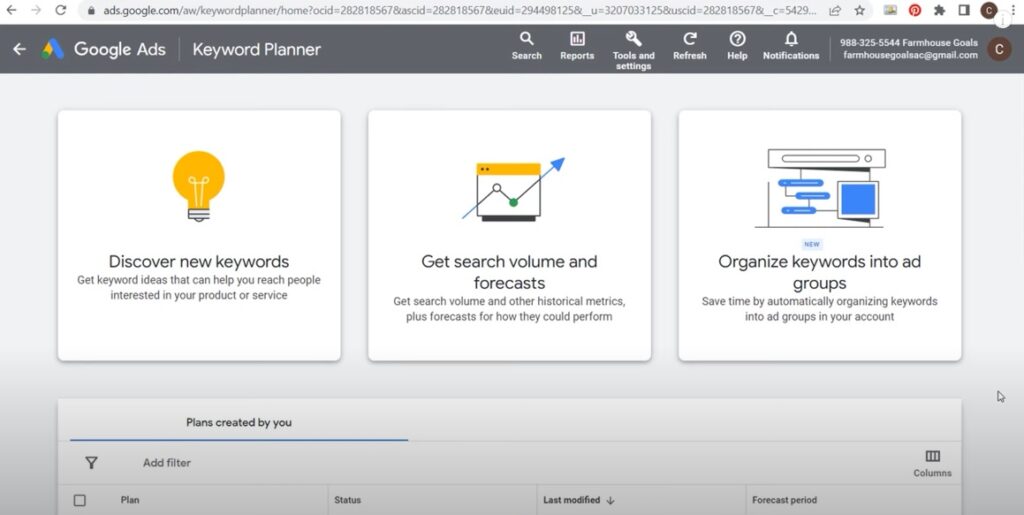
Keyword research is a critical aspect of search engine optimization (SEO). It involves identifying the right keywords to target in your content, so that your website can rank higher in search engine results pages (SERPs) for those keywords. In this comprehensive guide, we’ll explore the process of keyword research and how you can use it to boost your SEO.
What is Keyword Research?
Keyword research is the process of finding the right keywords to target in your content. The goal of keyword research is to identify the keywords that are relevant to your website, have high search volume, and low competition. By targeting the right keywords, you can improve your website’s visibility in search engine results pages (SERPs), attract more traffic, and ultimately, drive more conversions.
The Process of Keyword Research
1. Brainstorming: The first step in keyword research is brainstorming. Start by brainstorming a list of topics that are relevant to your business. Then, use a keyword research tool to find related keywords for each topic. Some popular keyword research tools include Google Keyword Planner, Ahrefs, SEMrush, and Moz.
2. Analyzing Competitors: Once you have a list of keywords, it’s important to analyze your competitors. Identify your top competitors and analyze their websites to see what keywords they are targeting. You can use tools like Ahrefs and SEMrush to analyze your competitors’ keywords and backlinks.
3. Identifying Search Intent: Search intent is the reason behind a user’s search query. There are four main types of search intent: informational, navigational, transactional, and commercial investigation. It’s important to identify the search intent behind each keyword you are targeting, so that you can create content that meets the needs of the user.
4. Analyzing Search Volume and Competition: Once you have identified the keywords and their search intent, the next step is to analyze their search volume and competition. You can use keyword research tools like Google Keyword Planner, Ahrefs, SEMrush, and Moz to analyze the search volume and competition of each keyword.
5. Prioritizing Keywords: Finally, prioritize your keywords based on their search volume, competition, and relevance to your business. Focus on the keywords with high search volume and low competition, as they are easier to rank for and can drive more traffic to your website.
Tips for Effective Keyword Research
1. Focus on Long-Tail Keywords: Long-tail keywords are more specific and have less competition than broad keywords. They can also be more valuable in driving targeted traffic to your website.
2. Use Keyword Research Tools: Keyword research tools can help you identify the right keywords to target in your content. Some popular keyword research tools include Google Keyword Planner, Ahrefs, SEMrush, and Moz.
3. Analyze Your Competitors: Analyzing your competitors can help you identify the keywords they are targeting and the content they are creating. This can give you ideas for new keywords to target and help you create content that is more competitive.
4. Keep Your Content Relevant: It’s important to keep your content relevant to the keywords you are targeting. Ensure that your content meets the needs of the user and provides value to them.
5. Monitor Your Keyword Performance: Once you have identified your keywords, it’s important to monitor their performance over time. Use tools like Google Analytics and Google Search Console to track your keyword rankings and identify areas for improvement.
Keyword research is a critical aspect of SEO. By identifying the right keywords to target in your content, you can improve your website’s visibility in search engine results pages (SERPs), attract more traffic, and ultimately, drive more conversions. Follow the process outlined in this guide and use the tips provided to conduct effective keyword research and boost your SEO.